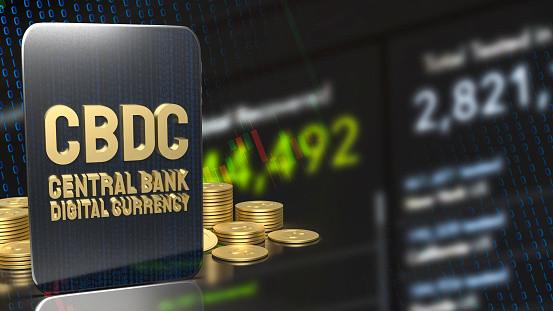Reserve Bank Says It Is Testing 'Digital Currency' In South Africa

South African Reserve Bank governor Lesetja Kganyago said at the annual World Economic Forum meeting in Davos, Switzerland that South Africa is still investigating and testing a central bank digital currency (CBDC) but is trying to narrow down on a specific use case.
He also noted that the country would be a "very fast follower" in the development and implementation of central bank currencies, learning from other countries who have already made headway in this area, Business Tech Reported.
The governor argues that the SARB's mission to modernization is furthered by its decision to accept and prepare for digital currencies. With an emergent digital economy, central banks globally must reposition their function, he said.
Although South Africa's achievements in the cryptocurrency space may have seemed modest in contrast to those of other nations, Reserve Bank Governor Lesetja Kganyago told the panel that the country had nonetheless made progress and that the central bank had enjoyed great success as a result.
Kganyago asserts that the Reserve Bank pulled in all South African banks, which together account for 90% of all settlements, and completed full settlements in under two hours, thanks to the use of CBDCs.
The SARB has been testing and actively looking at the use of digital currency for years.
The use of digital currencies is not a new topic for central banks because it can make money transfers between banks throughout the world more convenient and affordable.
South Africa is also one of the most expensive G20 nations to send money from, with remittances costing around 7% more than the global average across nations like Australia, the UK, and Canada.
Crypto assets are considered financial products in South Africa, according to a decision made on Oct. 19, 2022 by the Financial Sector Conduct Authority (FSCA), making it simpler for regulators to manage the currency, Business Tech Reported.
The declaration was made as governments around the world worked to regulate cryptocurrencies to protect users from hazardous virtual currencies and con artists. Authorities and legislators in the U.S. are looking for ways to regulate stablecoin operations.
© Copyright 2025 IBTimes ZA. All rights reserved.




















